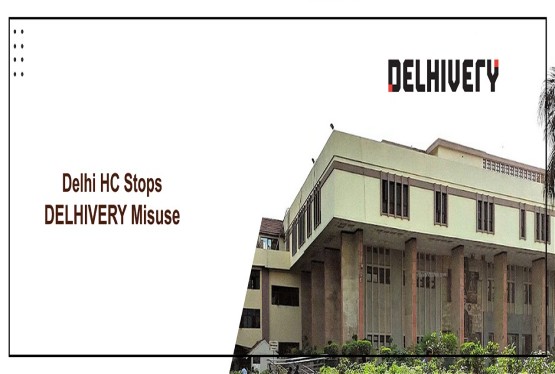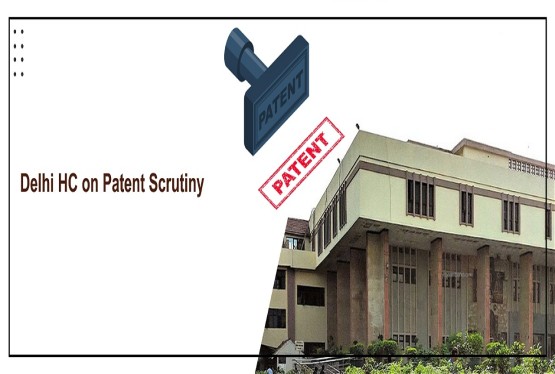In a recent ruling Delhi High Court granted an ex parte interim injunction in favour of popular Indian fast-food brand Burger Singh, restraining a former franchisee in Patna from unauthorized use of its trademark following the termination of their agreement. The order was passed by Hon’ble Justice Jyoti Singh, who observed that continued use of the mark post-termination amounted to trademark infringement and passing off, potentially deceiving consumers and damaging the brand’s goodwill.
Legal Background: Trademark Infringement and Passing Off
Under the Trade Marks Act, 1999, the unauthorized use of a registered mark constitutes an infringement. Specifically:
-
Section 29(1) of the Act states that a registered trademark is infringed by a person who, without authorization, uses a mark identical or deceptively similar to the registered one in relation to goods or services for which the mark is registered.
-
Section 29(4) further addresses the use of a registered trademark even for dissimilar goods or services, if the mark has a reputation in India and such use takes unfair advantage or is detrimental to its distinctive character.
-
Section 134 grants jurisdiction to civil courts for infringement suits and provides for remedies including injunctions, damages, and delivery-up of infringing goods.
In the present case, Burger Singh had entered into a franchise agreement with the defendant, allowing them to operate under its name. However, upon termination of the agreement, the franchisee allegedly continued using the brand name, menu design, and associated elements, which prompted the legal action.
Court's Observations and Relief Granted
The Court observed that the use of Burger Singh’s registered trademark and trade dress after the franchise agreement had ended was unauthorized and deceptive, falling squarely within the definition of infringement and “passing off”—a common law tort aimed at preventing a misrepresentation that causes damage to the goodwill of a business.
Justice Jyoti Singh held that such use misleads consumers into believing that the outlet continues to be associated with the original brand, thereby violating the contractual and statutory rights of Burger Singh.
The Court granted:
-
An ex parte interim injunction, restraining the defendant from using the mark.
-
Appointment of a Local Commissioner under Order 26 Rule 9 of CPC to inspect the premises and seize any infringing materials (packaging, signage, menus, etc.).
Importance of Franchise Compliance in IPR
This case underscores the critical role of intellectual property compliance in franchise arrangements. It reaffirms the principle that upon termination of a franchise agreement, all rights to use the brand and its proprietary materials cease. Any continued use thereafter constitutes actionable infringement.
Franchisors must ensure:
-
Clear contractual clauses outlining post-termination obligations.
-
Trademark registration of their brand and visual identity elements.
-
Active monitoring and enforcement of their rights to avoid dilution or misuse.
Relevant Case Laws
-
Gufic Private Limited v. Clinique Laboratories LLC [(2010) 6 SCC 384]
The Supreme Court held that continued use of a trademark after termination of a license agreement amounts to infringement.
-
DHL Worldwide Express v. Airwings Courier [(2001) 91 DLT 286]
The Delhi High Court emphasized that even non-identical but deceptively similar marks can cause consumer confusion and amount to passing off.
-
Cadila Health Care Ltd. v. Cadila Pharmaceuticals Ltd. [(2001) 5 SCC 73]
This landmark case laid down consumer confusion as the key test for both infringement and passing off.
A Word on Burger Singh vs. Global Giants
Interestingly, Burger Singh itself has been a subject of scrutiny over its name’s resemblance to Burger King, a global fast-food giant. However, Indian courts have so far upheld Burger Singh’s distinct identity, given its unique branding, localized menu, and consumer perception.
This highlights how context, brand positioning, and originality play a role in defending one's mark and even in the presence of similar-sounding global names.
Conclusion
The Delhi High Court’s ruling is a timely and powerful message to both franchisors and franchisees operating in India’s fast-evolving food and beverage industry. While franchising can be a fast-track to brand expansion, it must be backed by robust legal safeguards, especially in matters of IP ownership and post-termination conduct.
Businesses must prioritize the protection and enforcement of their trademarks, not only through registration but also through swift legal action in case of misuse. This decision serves as a reminder that intellectual property is a vital business asset and must be guarded vigilantly in all commercial relationships.






























_(b)_of_the_Trademark_Act,_1999_(1)_crop10_thumb.jpg)



_crop10_thumb.jpg)




























_crop10_thumb.jpg)
_crop10_thumb.jpg)






_crop10_thumb.jpg)








_crop10_thumb.jpg)



_crop10_thumb.jpg)





























_crop10_thumb.jpg)

















_crop10_thumb.jpg)






_crop10_thumb.jpg)












































































































































_crop10_thumb.jpg)




































_crop10_thumb.jpg)












_crop10_thumb.jpg)















































_crop10_thumb.jpg)



































































































